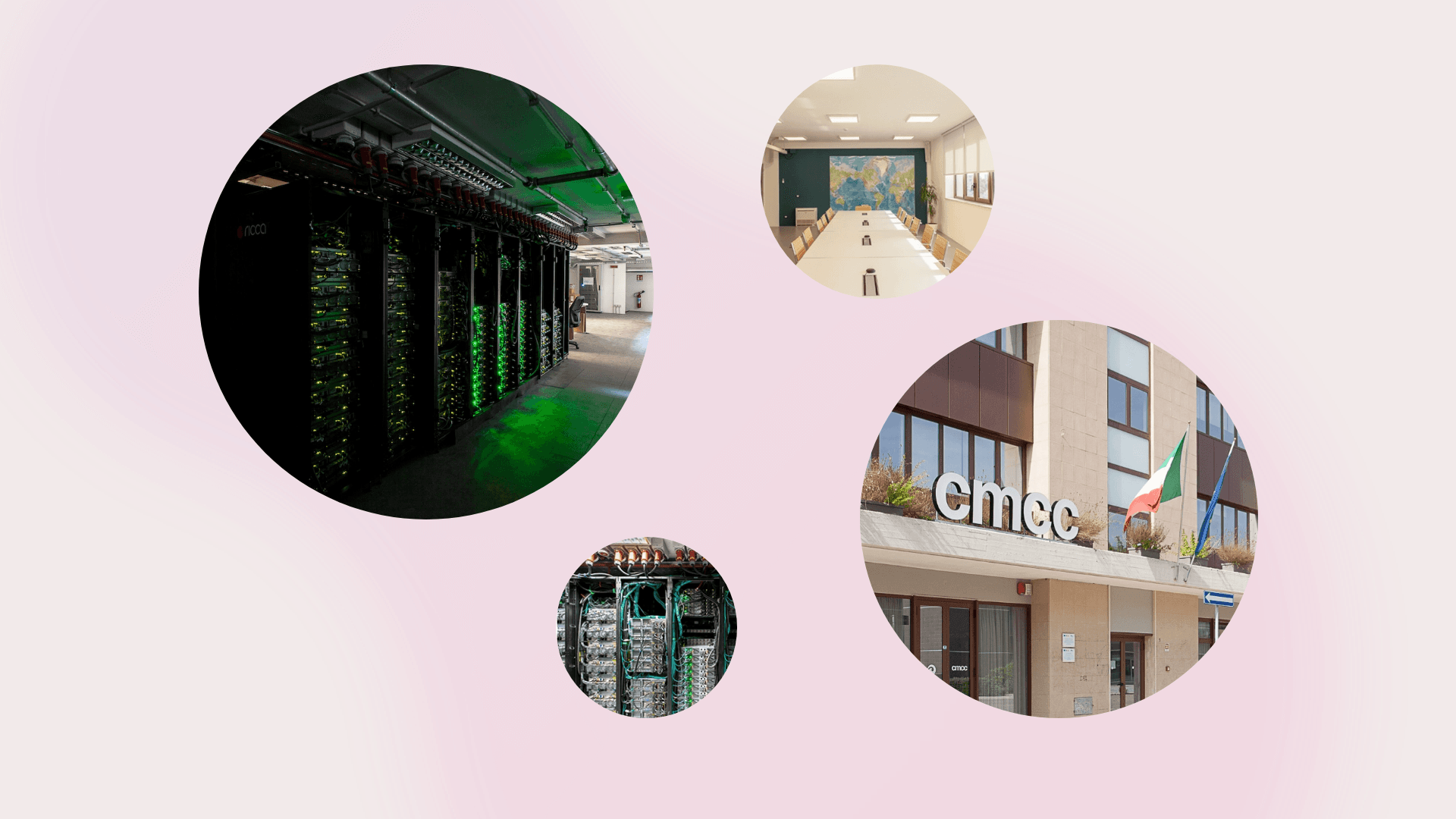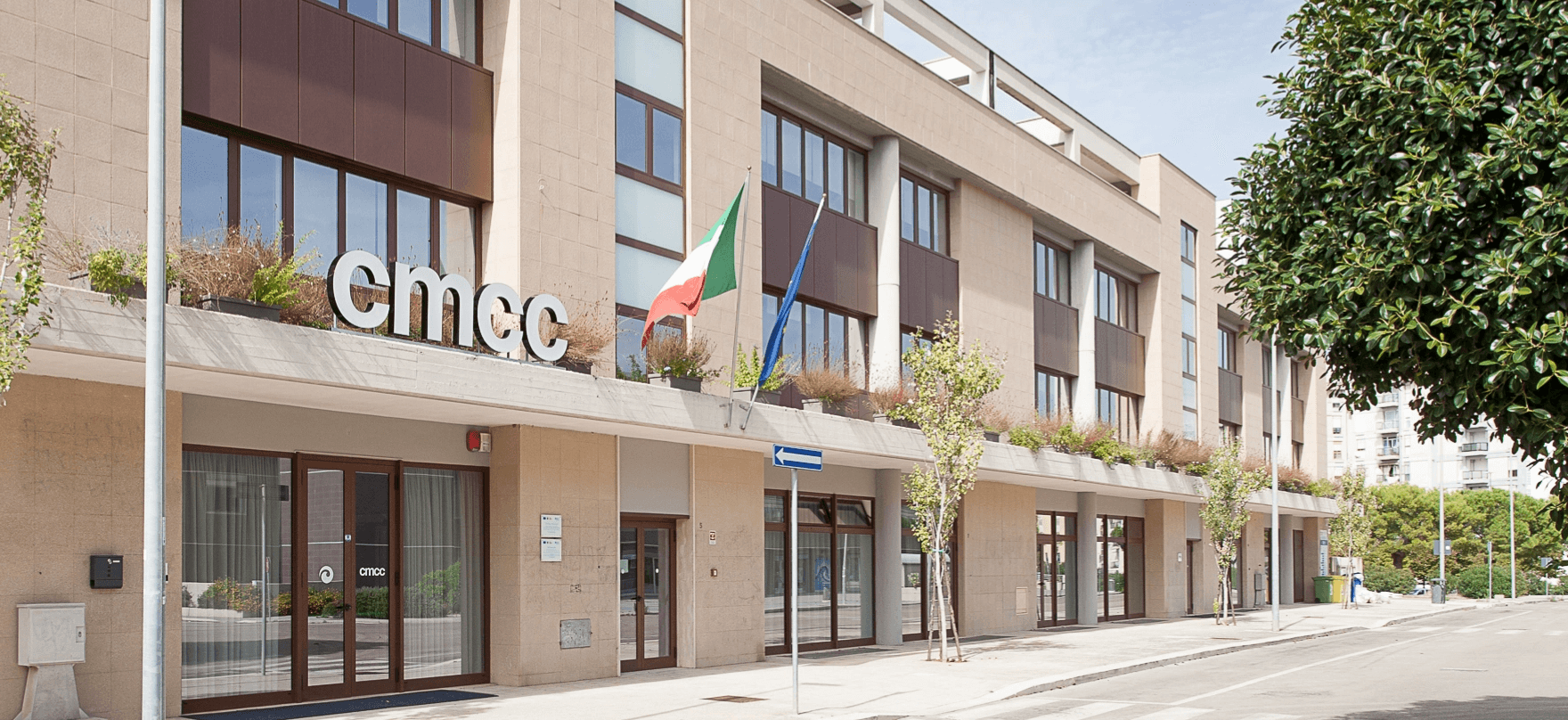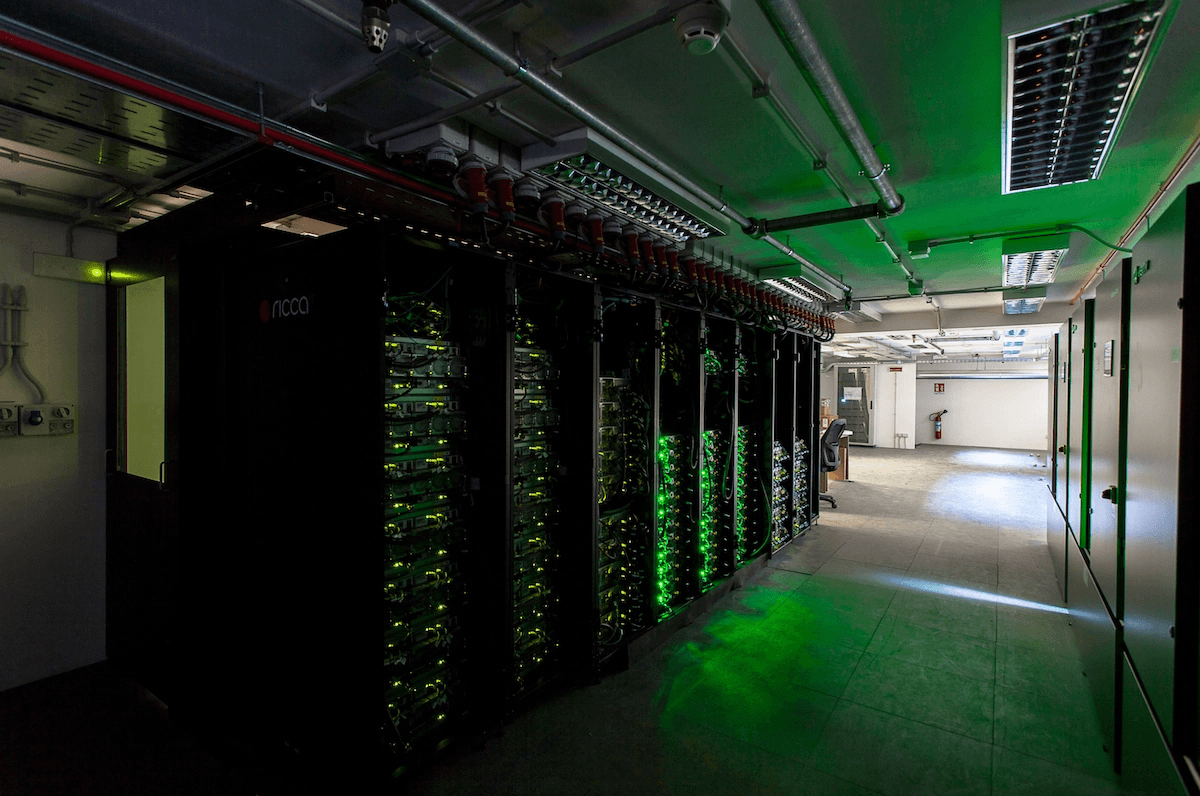May 25, 2023
Can Automation Help Solve Climate Change? The CMCC Foundation Story
Striving to produce science-based knowledge about the impacts of climate change and the future of our planet is no easy undertaking - and here's how automation can help.

We’d like to welcome you to a new series called “Impact Stories.” These stories introduce organizations around the globe and share how they are serving their communities and the world for the better. The common thread in this series is the power of automation, and how it can help organizations achieve their goals in a fast, efficient manner.
Take a second to think about climate change. What comes to mind?
Maybe it’s the hotter summers or more mild winters some of us have felt recently.
Or perhaps it’s the faraway thought of melting glaciers, or even something closer to home, like hurricanes, wildfires, or drought.
The reality is that climate change poses a significant threat to unique, irreplaceable things like biodiversity, food systems, and human well-being.
And to prevent the environmental, economic, and social impacts of climate change, humankind needs dedicated experts at work - like the ones working at the CMCC Foundation.
What is the CMCC Foundation?
The Euro-Mediterranean Center on Climate Change (CMCC) is a non-profit organization dedicated to climate research based in Lecce, Italy.
Through high-resolution simulations of the atmosphere, oceans, and the earth’s surface, CMCC scientists investigate and model our climate system and its impact on society, with the goal of providing reliable climate intelligence to protect the environment and help inform environmental policies.
Currently, the CMCC has seven offices throughout Italy working on a range of research projects, but its crown jewel is the Supercomputing Center in the city of Lecce - the largest computing facility in Italy exclusively dedicated to climate change research.
Just how good are these supercomputers? The Zeus computer consists of 348 processor nodes and a total of 12,528 cores, delivering an overall computing power of 1,202 teraflops.
Meanwhile, Zeus’s partner computer, Juno, has a total computing power of 1,134 teraflops. If that doesn’t amaze you immediately, then consider that the average MacBook Pro delivers about 4 teraflops of power.
Numbers and TFLOPS aside, the bottom line is that the CMCC is engaged in fundamental work with some very powerful technology. And, like many organizations, they were looking at ways to innovate, automate, and streamline their internal processes.
For them, this meant that their researchers and scientists would be able to dedicate more time to their areas of expertise, and less on administrative-managerial activities.
And so, the CMCC “Reboot Project” was born.
How the CMCC uses automation to lighten the admin burden
As part of their “Reboot Project,” the CMCC identified three key areas that could benefit from automation:
Procurement/purchasing
Fundraising
HR
The automated solutions the CMCC developed for each department led to significant reductions in time spent on manual tasks as well as data entry errors. Their teams’ productivity saw a big boost, too, thanks to these Make-powered solutions.
Let’s take a quick look at them.
Procurement department: Automated purchasing flows
For an NGO like the CMCC, the purchasing flow tends to be complex for two reasons: First, because of the variety and particularity of the items that the scientists need to purchase, and second, because of the bureaucratic processes that NGOs need to follow.
So, they turned to apps like Jotform, Monday.com, and Make to handle every step of the process, from requests to approvals.
Jotform enabled them to create a standard purchase request form, and Monday.com was ideal for handling operational requests. Finally, Make allowed the CMCC to tie all these processes together and send approvals to stakeholders automatically.
The results were quite staggering:
Rate of time to enter a purchase request - reduced by 85%
Rate of errors in data entry - reduced by 78%
Number of calls to check order progress - reduced by 60%
Fundraising department: Improving communications with stakeholders
Fundraising is an often-thankless job, but it powers the important work that the scientists of the CMCC do.
The CMCC’s fundraisers relied on a regular bulletin that was sent to the various research divisions informing them of the support available to them.
Creating this bulletin with updated information took a significant amount of manual effort, but some simple automations helped them digitize incoming information and distribute it more often and with minimal effort.
The results:
Time required to compile the bulletin - reduced by 75%
Rate of errors in data entry - reduced by 70%
Frequency of bulletin sent - increased by 200%
HR department: Higher efficiency for a team of 250+
The CMCC employs over 250 full-time researchers, scientists, and administrators to bring dozens of different research projects forward.
With such a strong team, the ability to monitor working hours and timesheets is critical - and a huge waste of time as well.
To simplify the processing of timesheets, Make’s automations enabled them to use a form builder to gather information and send it to the correct endpoints, either via email or SFTP server automatically - a huge time saver for the CMCC’s HR team.
The results:
Time required to complete a timesheet - reduced by 85%
Rate of errors in data entry - reduced by 75%
Number of timesheets submitted on time - increased by 50%
What’s next for the CMCC?
Striving to produce science-based knowledge about the impacts of climate change and the future of our planet is no easy undertaking. By developing its dedicated “Reboot Project,” the CMCC is making great strides to include automation in its already-advanced research methods and processes.
They’re committed to streamlining admin processes and giving valuable time back to their scientists.
In addition to using Make to help digitize tasks and integrate information systems, the CMCC is looking forward to exploring the use of SAP S/4HANA for enterprise resource planning, OpenAI’s ChatGPT, and e-signature tools to save even more time and reduce errors.
The CMCC - Euro-Mediterranean Center on Climate Change Foundation investigates and models our climate system to provide reliable scientific results to stimulate sustainable growth, protect the environment, and develop science-driven policies for our future planet and society.
To apply for Make’s NGO program, click here.
Ready to make the automation revolution happen?




